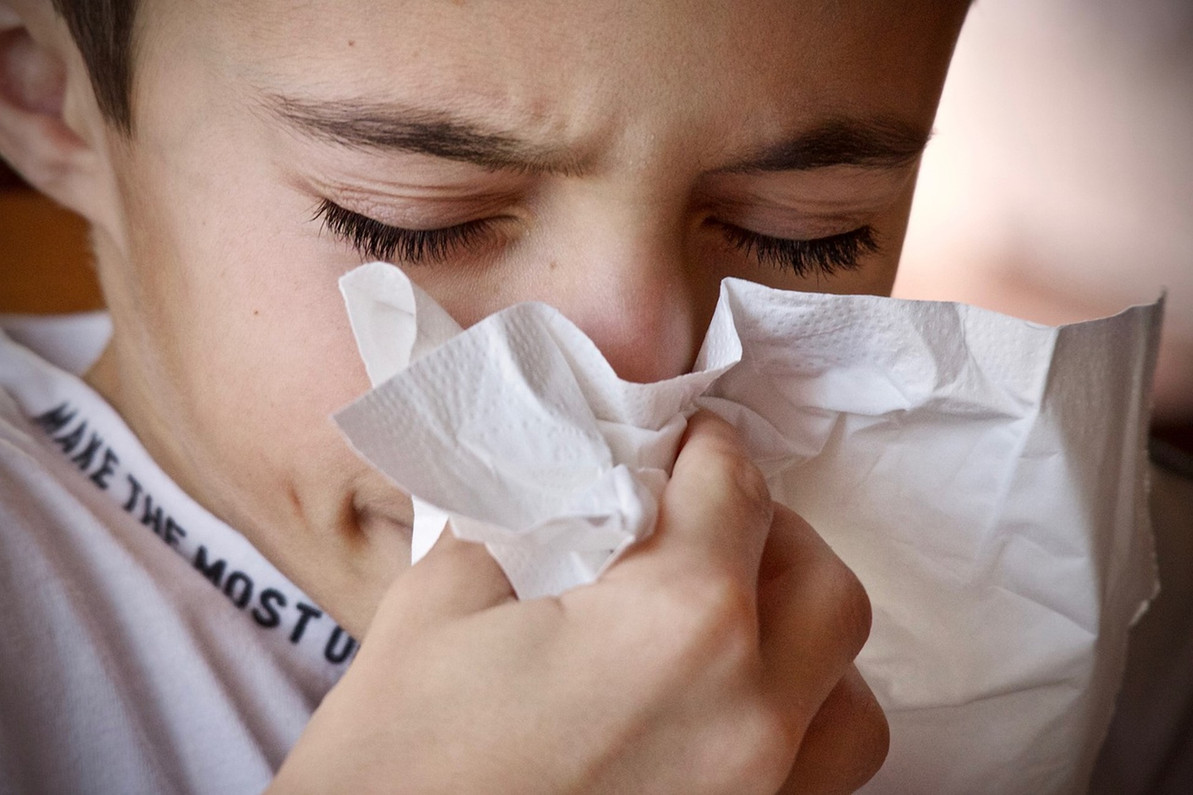RSV On the Rise
Respiratory Syncytial Virus (RSV) is on the rise across the southern United States. On June 10th, 2021, the Centers for Disease Control (CDC) issued a health advisory alerting healthcare providers and caregivers about an unseasonable rise in cases of RSV. RSV is a common, flu-like respiratory illness that is usually mild but can cause serious sickness in vulnerable populations – including babies, young children, and older adults who have chronic medical conditions. According to the advisory, babies and toddlers may be at higher risk for severe illness as we continue to emerge from the pandemic.
RSV Symptoms
The virus starts out with upper respiratory symptoms like a stuffed nose, cough and low-grade fever – causing many parents to mistake it for a cold. Yet RSV can be more more serious. Look for fast breathing, pushing the belly in and out or flaring nostrils – signs your baby is struggling to breath. Other symptoms include a lack of energy and poor feeding. When it moves into a child’s lower respiratory tract, the virus inflame the bronchioles – the small branching airways in the lungs. An infected person is contagious for 3 to 8 days. Each year, RSV sends more than 2 million kids under the age of 5 to the doctor, and more than 57,000 to the hospital.
Children at Risk
Almost every child will be infected with RSV by age 2. Most children contract a mild case that improves within a few days. But in infants under 6 months or younger children with chronic diseases, the infection can be much more serious. “For some kids, RSV develop into severe lower respiratory illness – pneumonia and bronchiolitis [a lung infection],” says Erica Bye, an epidemiologist and RSV surveillance coordinator for the Minnesota Department of Health. Children who are at highest risk for severe illness from RSV include:
- Premature (born before 32 weeks)
- Have chronic heart or lung disease
- Have weak immune system
- Have a nervous system disease
How to Protect Your Child
Respiratory Syncytial Virus is highly contagious. It spreads when an infected person coughs and sneezes, releasing virus-filled droplets into the air. Those droplets also land on surfaces. If you touch a contaminated surface and then touch your nose, eyes or more, the virus can spread.
The best way to protect your child from RSV is with good hand hygiene. Wash your hands – and your child’s hands – with warm water and soap or use a hand sanitizer throughout the day. MicroShield 360 Endure Hand Sanitizer is the perfect daily hand sanitizer for you and your family. The hand sanitizer is non-alcohol and lasts up to 4 hours on the skin. Another way is to keep surfaces in your home clean and disinfected. MicroShield 360 antimicrobial coating system is the perfect complement to traditional cleaning and disinfecting methods. The system is professionally applied to almost any surface and works 24/7 to eliminate harmful microbes, bacteria, etc. from treated surfaces. The coating system is EPA registered and FDA approved for direct food contact surfaces which means it can be applied in the kitchen and on countertops. If you are looking for a disinfectant spray to use during cleaning and disinfecting then MicroShield 360 Renew is the perfect solution. Renew is listed on the EPA N List for Emerging Pathogens and is effective against Covid-19. Contact MicroShield 360 to learn more about products and services that can help promote a healthy and safe environment for you and your family.
Recent Posts
-
ENHANCING ASSISTED LIVING WITH ELECTROLYZED WATER
In recent years, the intersection of science, technology, and healthcare has paved the way for innov …Dec 4th 2023 -
WAYS TO DECREASE CHEMICAL EXPENDITURE
Chemicals are an essential part of an operation, from manufacturing to cleaning and maintenance. How …Dec 4th 2023 -
WHEN TO EVALUATE YOUR CHEMICAL SPEND
Effective cost management is a crucial aspect of running a successful business. One area that often …Dec 4th 2023

